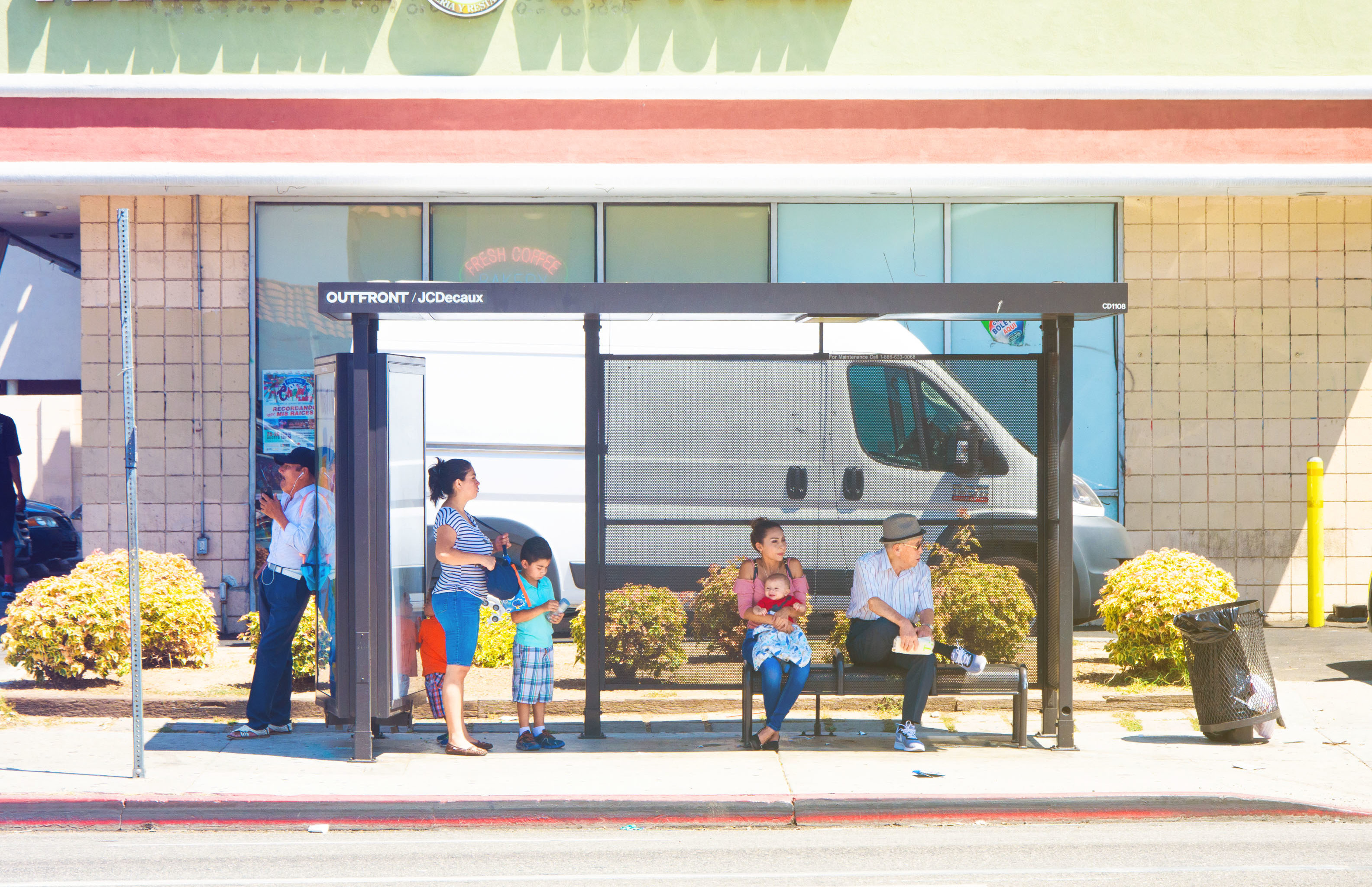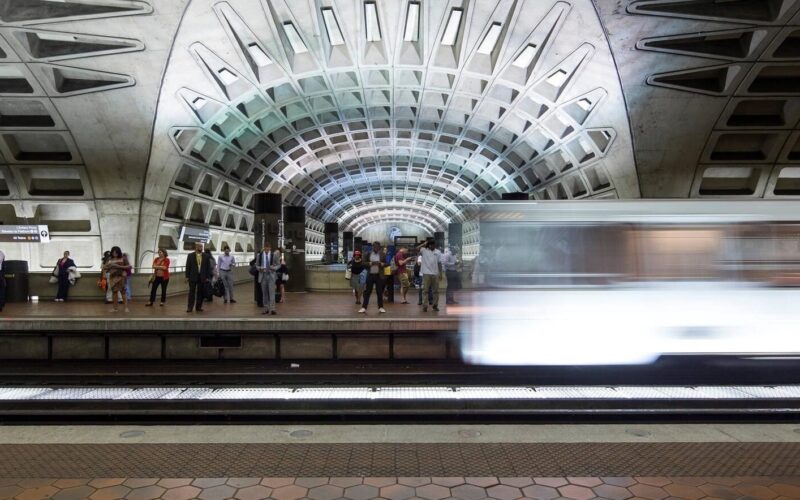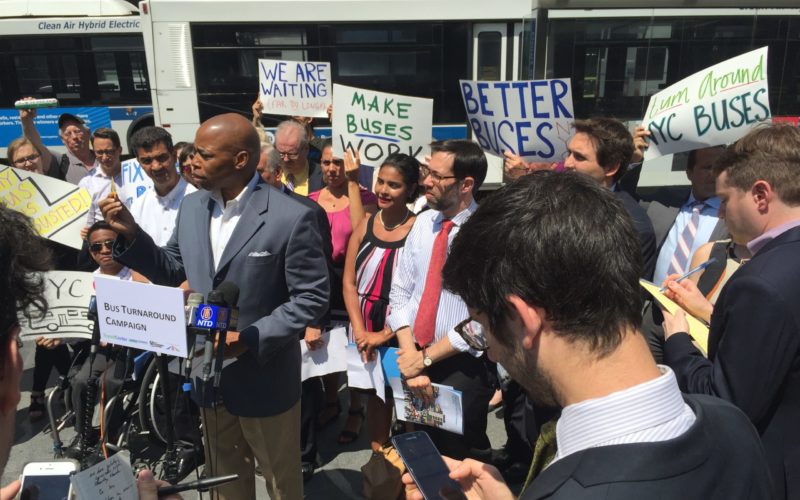

There’s nothing like kicking off a new year with a seven days filled with transportation issues. That’s how I began my year, grounded first by OpenPlans’s TransportationCamp, filled in the middle with Transportation Research Board’s Annual Meeting, and topped off with Transforming Transportation hosted by Embarq and the World Bank – all in the Washington DC region.
I thought it would be fun to share some synthesized observations from the week of transportation. These are simply my singular perspective – it would be good to hear from you via twitter about what you thought.
Rapidly going stale
Even before the current requirement to reauthorize the federal transportation act, there has been a dire need to update our federal transportation policy – and the discussions around it. It’s been well-understood by old-guard transportation policy makers for more than 20 years that the Interstate Highway System has been completed and the Highway Trust Fund (fed by the per-gallon gas tax) is running out of money relative to the wish list of items it is supposed to fund. But talking about these topics repeatedly is not the same as building political will to take action.
The stagnating debate is a result of the interests of the most powerful. The transportation industry and its stakeholders have become too comfortable lobbying from these dual trenches comprised of road-building and more funding. It’s all too common for industry stakeholders to highlight the need for funding at the expense of more nuanced discussion such as sound, contextual project development and selection, maintenance, and incentives to evolve operations to account for 21st century shifts. We are only starting to answer more pressing questions – how do we integrate new transportation services into our existing system? How do we maintain and build on top of our assets? How do we better service our users to optimize for social, economic, and environmental benefits? For some insight into the typical so-stale-it’s-nearly-decomposed debate, check out Mr. and Mrs. TRB at @FakeTRB. My favorite is below:
At a happy hour with bus bros, rail bros, bike bros. Someone should really let this diverse group of white men decide some shit! #TRBAM
— Mr. and Mrs. TRB (@FakeTRB) January 14, 2014
Sadly, it was this Tweeter’s sleights that provided the few pinpricks of light into this dark cave.
Speaking of light
There were a few themes that surfaced in the course of the week that signal an expansion of our horizon and point to new, promising directions. The first is the proliferation of transportation service operators providing shared use mobility. Things like carshare, bikeshare, rideshare and improved appreciation for vanpools, carpools, dollar vans, among many other entrepreneurial services are popping up. These services often exist outside of conventional transit providers and tailor services that are more sensitive to customers – precisely because the transit rider cannot be taken for granted. These service providers need to win their customers, making them aware of a host of issues that seem to respond to a broader range of urban mobility needs.
Technology is of course the biggest enabler of the increased adoption of shared use mobility systems, so there is enhanced interest in interoperability, seamless payment, and on-demand trip planning. There were many discussions about big data, open data, apps – essentially deployment of different aspects of technology. The good news is that the big IT vendor incumbents are being challenged, speaking to the potential for greater innovation, but the challengers are still in the margins, given the nature of start-up tech companies.
Each of these areas gets complex rather quickly, with a multitude of players vying to promote their self-interests. Governance could provide the stewardship to steer this movement of new players so that they optimize public benefit. But we need to update governance structures and policies to sort out how all of this gets implemented on the ground, via operations, engineering, or design. Instead of new institutions, how can we make the structures we have work better? Discussions about policy innovations across the globe in this realm seemed to grow significantly this year.
So spend a week on transportation policy, and this is what happened. You find out that there is a ton of innovation happening all around and often outside the superstructures of establishment and industry. Now how do we acknowledge and encourage their progress without removing their ability to be nimble and respond to demand? That is a major question that TransitCenter is undertaking with our research and program activities, one of which is a summit on innovation in policy for shared use mobility, June 10-11, 2014 in Washington. Check the web site for updates.
 On the Brink: Will WMATA’s Progress Be Erased by 2024?
On the Brink: Will WMATA’s Progress Be Erased by 2024?
The experience of being a WMATA rider has substantially improved over the last 18 months, thanks to changes the agency has made like adding off-peak service and simplifying fares. Things are about to get even better with the launch of all-door boarding later this fall, overnight bus service on some lines starting in December, and an ambitious plan to redesign the Metrobus network. But all of this could go away by July 1, 2024.
Read More A Bus Agenda for New York City Mayor Eric Adams
A Bus Agenda for New York City Mayor Eric Adams
To create the “state-of-the-art bus transit system” of his campaign platform, Mayor Adams will have to both expand the quantity and improve the quality of bus lanes. We recommend these strategies to get it done.
Read More